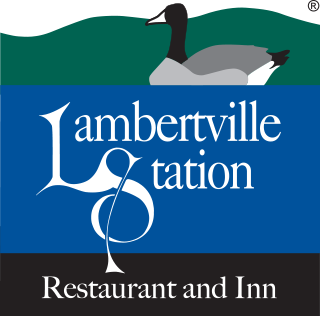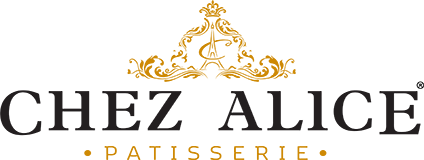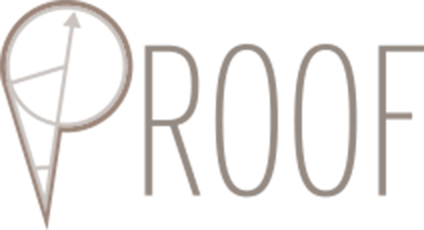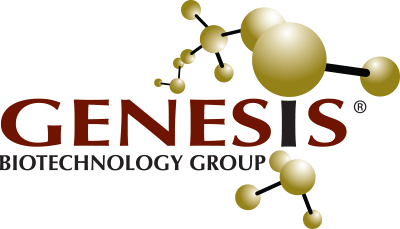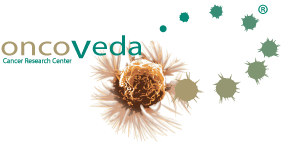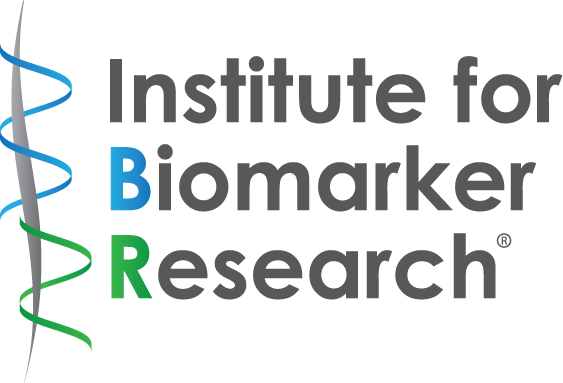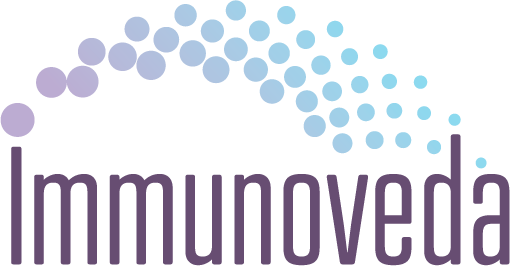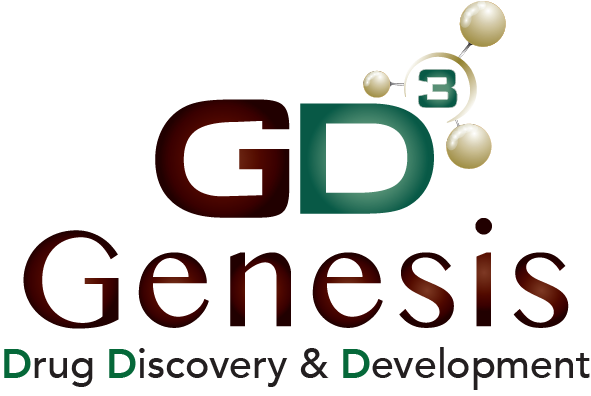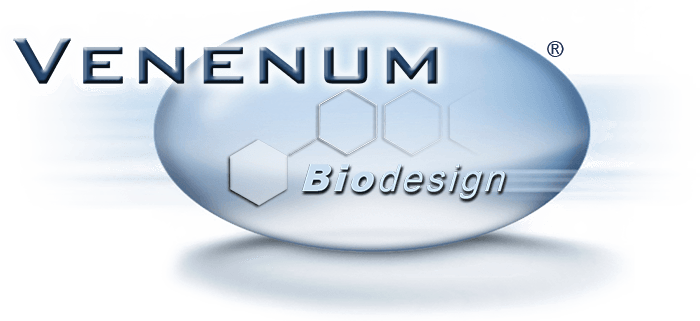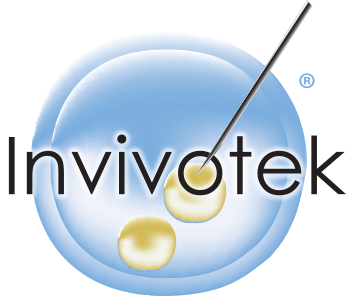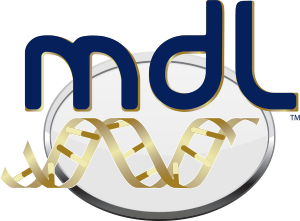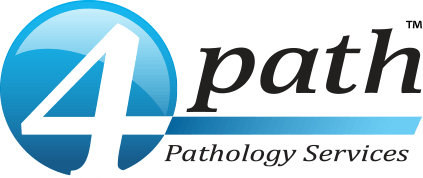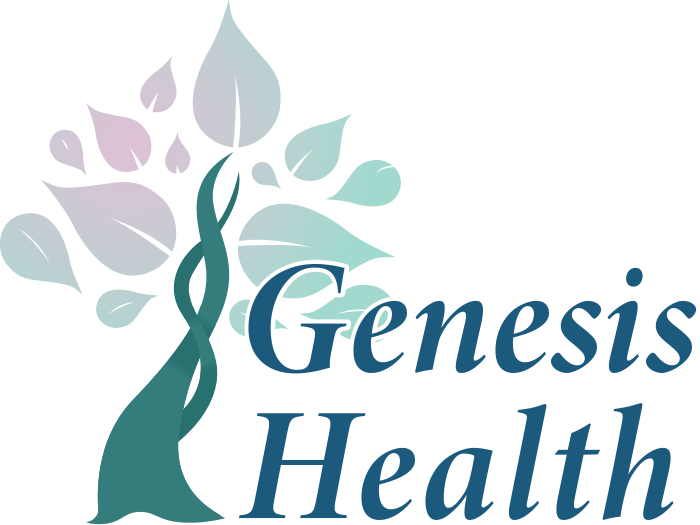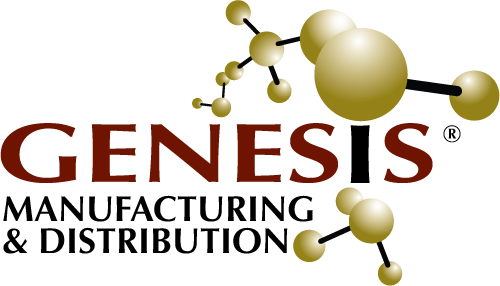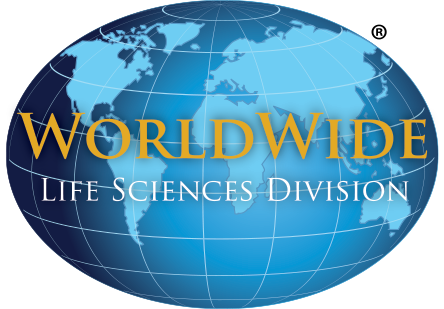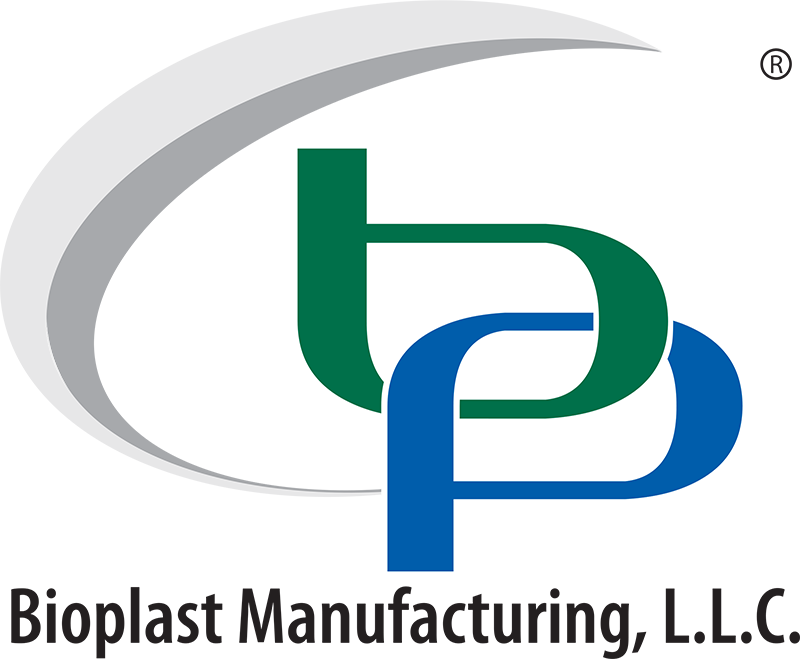Disease Modeling
Fully Integrated Disease Modeling Services
Developing Molecules that Matter
Genesis Drug Discovery and Development (GD3) Disease Modeling Division specializes in translational studies and the evaluation of therapeutic candidates in rodent models of human disease. Preclinical models of human disease are an indispensable tool in the discovery and development process for new drugs, enabling the safety and efficacy of a new therapeutic to be assessed in animals before progressing to human testing. GD3 specializes in both customized and standard preclinical in vivo pharmacology services in addition to new model development and validation. In addition, we have a growing collection of over 150 unique, well-characterized PDX models. We operate out of an Association for the Assessment and Accreditation of Laboratory Animal (AAALAC) international accredited facility in close collaboration with our chemistry, bioanalytical, biomarker, toxicology and clinical core facilities.
Our team of highly trained scientists with extensive industry experience understands the complexities of navigating a drug candidate through animal testing before advancing into the clinic. Through study design, model development and data analysis, GD3 can swiftly assess your needs, execute your studies and provide clear, concise reports. We have expertise in working with diverse therapeutic modalities, including small molecules, advanced biologics, cell therapies and many others. Our high-quality data and flexible services ensure your drug development program's efficient and successful progression.
Your Success Is Our Priority. Maintaining high-quality standards while meeting deadlines is as important to GD3 as it is to you. We work with our clients to define all of the critical steps for project optimization and success progressing each project through these stages:
- Collaborate to define project scope and agree on study parameters
- Assign subject matter expert Ph.D. level Study Manager to oversee project and study progress communication
- Issue status reports for each milestone
- Provide a final study report, which includes complete statistical analysis and data interpretation at project completion
-
Our state-of-the-art facilities in Hamilton, NJ, Portage, MI and Sunnyvale, CA, offer a range of in vivo GLP and non-GLP preclinical studies in multiple species. We have Association for the Assessment and Accreditation of Laboratory Animal (AAALAC) accredited facilities that operate in full accordance with the Animal Welfare Act, the PHS Policy on Humane Care and Use of Laboratory Animals, and the NRC Guide for the Care and Use of Laboratory Animals. We are registered with the USDA and OLAW, and our clients range from small biotech companies to large pharmaceutical organizations, academia, defense and government agencies.

Over 49,000 sq ft of Vivarium space

BSL1 and BSL2 animal holding rooms with biocontainment and individually ventilated (IVC) caging systems for animal housing

Wide range of imaging and specialized equipment

Strict environmental control systems with state-of-the-art precise monitoring and automatic watering system

Sophisticated building and IT security systems with 24/7 year-round key-card access
- Procedure rooms
- Holding rooms
- Necropsy and quarantine rooms
- Laboratories for clinical pathology, histology, and specimen analysis
We are conscious of the environmental impact of our facilities. We supplement the energy needs of our Hamilton, NJ, facility with solar energy and utilize energy savings systems.
-
Animal health and welfare is of paramount importance. We believe high-quality, reliable preclinical study data begins with the highest animal well-being standards. GD3 is committed to ethical and humane care and use of animals in research and meeting regulatory compliance standards, including:
Public Health Service (PHS) Policy on Humane Care and Use of Laboratory Animals

Animal Welfare Regulation – the United States Department of Agriculture (USDA) Animal Welfare Act

National Institute of Health (NIH) - Guidelines Office of Laboratory Welfare (OLAW)

Full Accreditation from the Association for Assessment and Accreditation of Laboratory Animal Care (AAALAC)
We can provide both GLP and non-GLP in vivo and in vitro services, and we operate out of an Association for the Assessment and Accreditation of Laboratory Animal Care (AAALAC) accredited facility.
-
Our core expertise is developing and characterizing diverse models of human diseases to enable the successful progression of our clients' novel therapeutics into the clinic. We have completed hundreds of studies to help our clients successfully select and characterize lead candidates, investigate potential development liabilities and identify the optimal use of preclinical candidates.
- Custom new model development and characterization
- in vivo support of discovery and lead optimization
- PK studies to evaluate exposure, bioavailability, formulations, and dose-exposure relationship
- Tissue and tumor PK to understand small molecule biodistribution
- Maximum tolerated dose (MTD) and dose range finding (DRF) studies
- Evaluation of efficacy in rodent models of human disease
- Evaluation of mechanism of action (MOA) and PK/PD
- Biodistribution of viral vectors and cellular therapeutics by qPCR or flow cytometry
- Validation of different batches of test biologics
- Phenotypic characterization of genetically engineered mice
- Ex vivo characterization of cells and tissues from various disease models
-
We have experience with the administration and analysis of a diverse range of therapeutic modalities, including:
- Small molecules
- Antibodies and antibody conjugates
- siRNA
- Peptides
- Cellular therapeutics (CAR T; CAR NK; iPSCs)
- DNA therapeutics
- Nanoparticles
- Oncolytic virus
- Engineered cytokines
- mRNA
-
A core strength of the Disease Modeling Division is our expertise in the safe and efficacious administration of test agents through a wide range of route, including:
- Oral gavage
- Bolus injections:
- Subcutaneous
- Intra-peritoneal
- Intravenous
- Intra-cardiac
- Intramuscular
- Intra-articular
- Intra-dermal
- Intra-tracheal
- Intra-tumoral
- Osmotic mini-pumps
- In-diet or water administration
-
The correct choice and method of formulation is critical for the success of a therapeutic. For initial preclinical studies, a fit-for-purpose formulation, that will often need to be appropriate for the comparison of multiple lead candidates, is required. As a therapeutic moves towards GLP toxicology studies, the formulation is developed to make sure that it enables delivery of the required dose level, that it does not induce toxicity or histopathological changes, and that the test agent is sufficient soluble and stable in the formulation. The formulation is developed further for the clinic, in the case of small molecules, often transitioning from a liquid to a solid formulation, such as a powder-filled capsule or a tablet. We can advise on formulation approaches for preclinical studies and have worked with:
- Aqueous solutions
- Hydrophobic solutions
- Suspensions
- Nanoparticles
- Liposomes
- Cell suspensions





